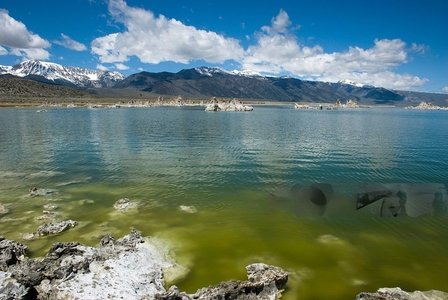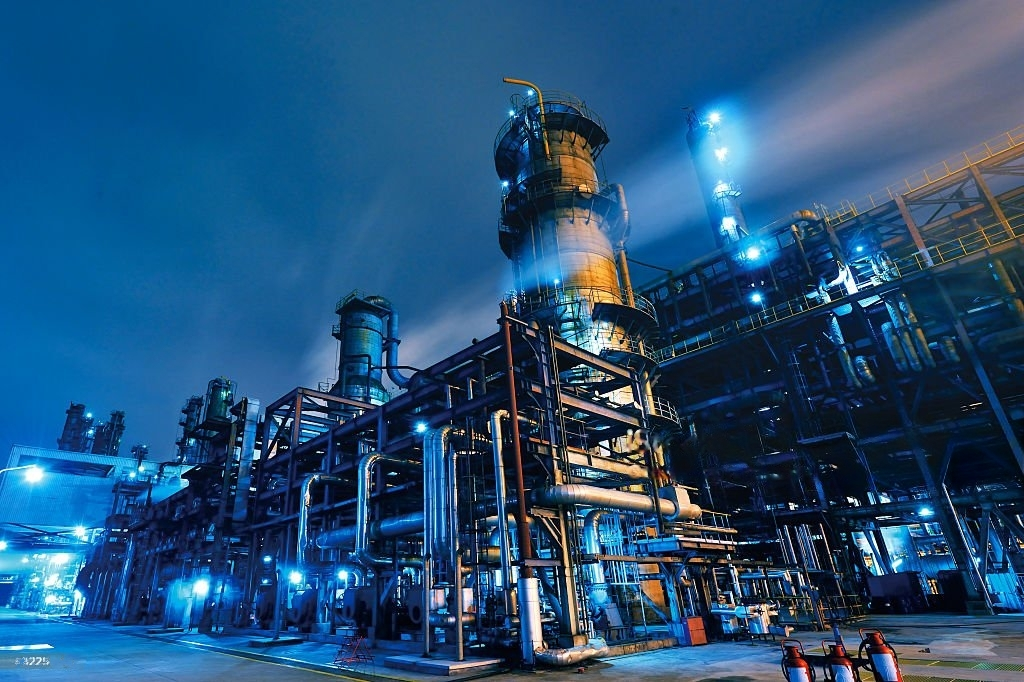The Chemical Industry in Pakistan plays a crucial role in the development and growth of Pakistan’s economy. With its diverse range of products and applications, the chemical sector in Pakistan has become an integral part of various industries, including agriculture, pharmaceuticals, textiles, and manufacturing.
One of the key reasons why the chemical industry holds such importance in Pakistan is its significant contribution to the country’s GDP. The chemical manufacturing industry not only generates substantial revenue but also provides employment opportunities for a large number of people across different skill levels.
Moreover, chemicals are essential for sustaining other industries. They serve as raw materials for various manufacturing processes and play a vital role in enhancing product quality and performance. For instance, chemicals are used in agriculture to develop fertilizers and pesticides that boost crop yields and protect against pests and diseases.
The Major Players in the Pakistani Chemical Industry
The Pakistani chemical industry is a thriving sector with several key players making significant contributions to its growth and development. When it comes to leading chemical companies in Pakistan, there are a few names that stand out as the major players in the industry.
One of the top chemical manufacturers in Pakistan is Engro Corporation Limited. With its diversified portfolio and focus on innovation, Engro has emerged as a key player in various sectors, including chemicals. The company’s commitment to sustainability and quality has earned it a strong reputation both locally and internationally.
Another prominent player in the Pakistani chemical sector is Fauji Fertilizer Company Limited (FFC). Known for its expertise in fertilizer production, FFC has expanded its operations into the manufacturing of various chemicals, including sulfuric acid and nitrogenous fertilizers. The company’s commitment to excellence and continuous improvement has positioned it as one of the leading players in the industry.
In addition to Engro and FFC, other notable companies making their mark in the Pakistani chemical industry include Fatima Group, ICI Pakistan Limited, and Attock Refinery Limited. These companies have established themselves as reliable manufacturers of chemicals across different segments, contr buting significantly to the overall growth of the sector.
Growth Opportunities for Investors in the Pakistani
Investors and entrepreneurs looking for promising opportunities should turn their attention towards the Pakistani chemical industry. With its vast potential and favorable government policies, this sector presents a lucrative landscape for growth and prosperity.
One of the key factors driving the growth of the Pakistani chemical industry is the availability of potential investment areas within the sector. From specialty chemicals to agrochemicals, there is a wide range of sub-sectors that offer immense potential for investors to tap into. These areas include manufacturing, research and development, distribution, and even recycling of chemical products.
Furthermore, the government’s unwavering support through various policies has been instrumental in fostering growth within this industry. The implementation of investor-friendly policies such as tax incentives, subsidies, and streamlined regulations have created a conducive environment for both local and foreign investors to thrive in Pakistan’s chemical sector.
The Challenges Faced by the Chemical Industry in Pakistan
The chemical industry in Pakistan faces numerous challenges that impact its growth and sustainability. One of the key challenges is addressing environmental concerns and complying with regulations. As awareness about environmental issues grows, there is an increasing need for the chemical industry to adopt sustainable practices and reduce its carbon footprint.
Another challenge faced by the industry is the availability of raw materials. Pakistan heavily relies on imports for many essential chemicals, which can lead to supply chain disruptions and increased costs. Developing a robust domestic supply chain for raw materials would not only enhance the industry’s competitiveness but also reduce reliance on international markets.
Speaking of international markets, competition poses another significant challenge for the chemical industry in Pakistan. With globalization, companies from other countries have entered the market, offering competitive pricing and advanced technologies. Pakistani chemical companies must continuously innovate and adapt to stay competitive in this global landscape.
Conclusion:
In conclusion, the road ahead for the chemical industry in Pakistan is filled with promising opportunities for growth and development. The industry plays a vital role in the country’s economy, contributing significantly to employment, exports, and overall industrial development.
With the right strategies and support from stakeholders, the chemical industry can further expand its potential. There is immense scope for innovation, research and development, and collaboration with international partners to enhance productivity and competitiveness.
To fully capitalize on this potential, it is crucial for all stakeholders – including government bodies, industry associations, academia, and businesses – to come together and create a conducive environment for investment and technological advancements.




































































